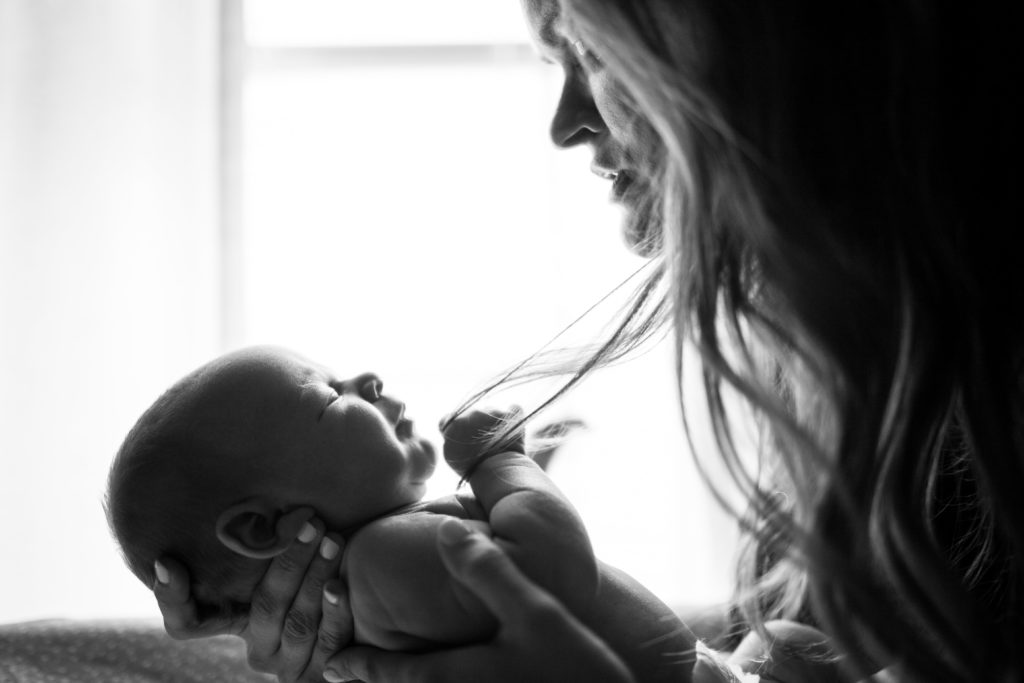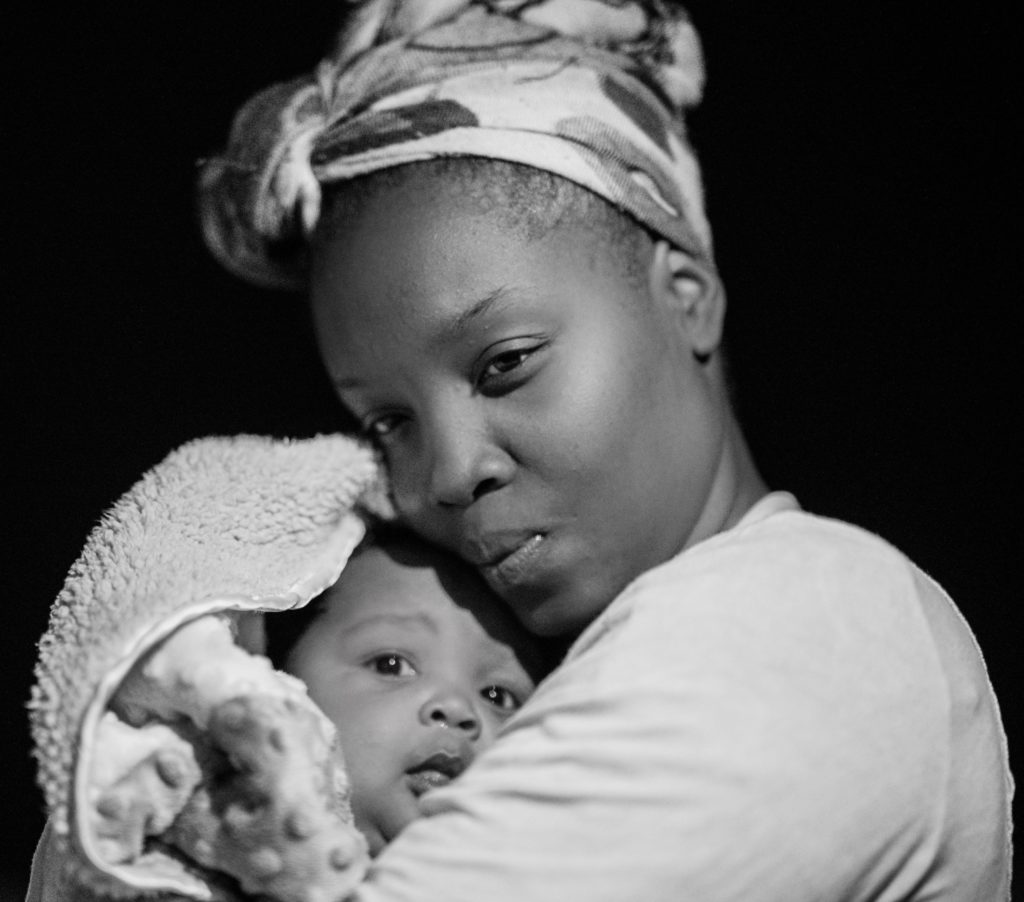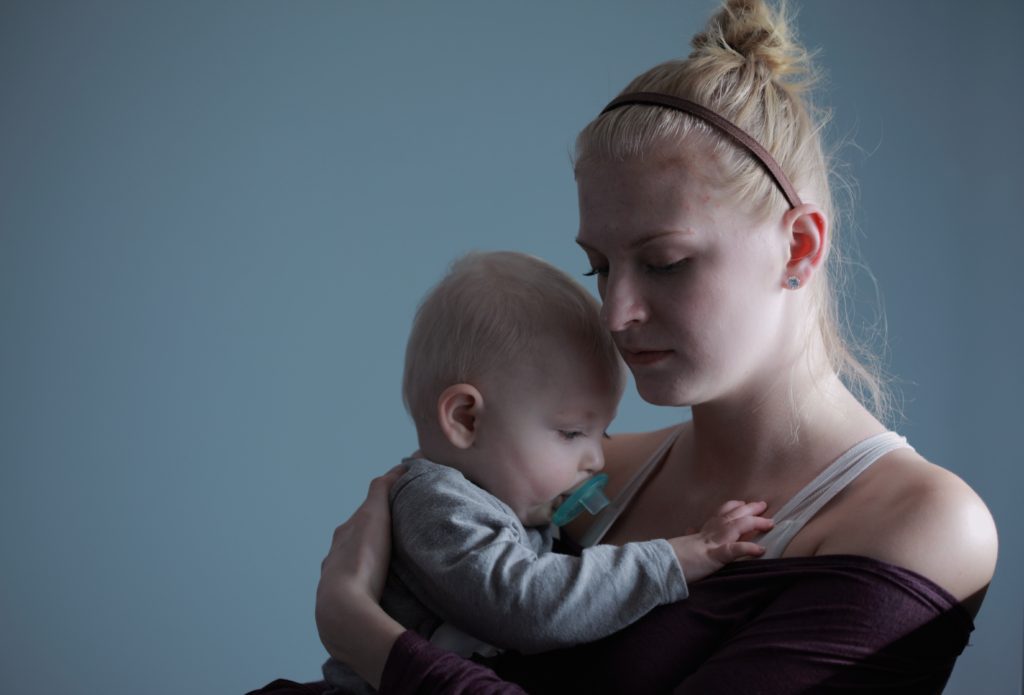We may earn money or products from the companies mentioned in this post.
Last Updated on December 30, 2020 by Samantha Flores
I remember that moment. My heart fell to the pit of my stomach. Face numb—my hand gripping tightly on the pen with an overwhelming rush.
I remember reading each question, glancing over at the nurse, and knowing very well my answers to these questions would determine whether they deemed me depressed.
On a scale from 1-10…
On a scale from 1-10…
On a scale from 1-10…
Over and over for the next 2-3 pages.
I felt a rush of shame. Perhaps stigma made me worried?
And so, I lied.
I chose to answer neutrally or positively on every question. When in reality, I was on the far end of the spectrum feeling horrid and overwhelmingly sad.
I guess that’s what happens when you have your first child, and the fear of someone judging you puts you in a complete fright.
The worry of someone taking my newborn baby away scared me to death. (Please rest assured that this most likely won’t happen!)
I chose to hide the truth. I had a bachelor’s degree in psychology and figured I could manage whatever I was dealing with, by myself. Or so I thought.

Signs
This was how I first recognized the signs and the symptoms of postpartum depression.
Attending my first postnatal appointment helped me to see with certainty that something was not right.
Although I didn’t feel ready to handle the truth, without seeing a medical professional, I would have been left in the dark. Uncertain of the medical condition I was battling.
But as you can see, I didn’t seek help.
Decisions
That was one of the worst decisions I’ve ever made.
By ignoring my emotions, I denied myself the opportunity to heal. (And even contributed to lack of breastfeeding. But that’s another post for another day.)
Fast forward three years. I found myself pregnant again. Nine months later, and I find myself in the same place once again. Sadness. Grief. Fatigue.
Heavy sigh. Not again.
Yes. Again. You’d think I’d have learned my lesson. Right? Not a chance.
PPD
Let me say that postpartum depression doesn’t always look the same for everyone or even every pregnancy.
That exception applied here as well. This time around, the symptoms weren’t as loud or as prominent. But I could feel it. I knew they were there.
If you’re reading this and you have that feeling in your gut- like you know what’s there…please, reach out for help.
I spent a few years (yes, years. Postpartum depression can last from several weeks and months to years) attempting to manage it myself.
For a short while, I was successful. But it came at the high price of compromising my relationships.
I don’t encourage anyone to take the route I did.
Coping
In case you’re wondering, let me share how I managed the PPD for all those years without any medication and anyone noticing.
First, I resorted to creating an exercise plan for myself. I should note, though, that this wasn’t the case for my first round of postpartum depression as it was so bad that exercise wasn’t plausible. Also, I don’t recommend doing this without the help of a professional.
Some months, this looked like walking the dog. Other seasons, it was working out with a physical trainer. And sometimes, the mere act of playing with my children was enough.
Then, I researched a plethora of homeopathic and natural remedies. (Again, please don’t attempt to do any of this on your own.)
After reading hundreds of articles and books, I self-created a nutritional plan. Understand that I’m not a registered dietitian or a doctor, and nothing I mention here should be done without consulting your physician.
I also clung onto prayer and meditation to help relieve the anxiety and sadness that I was feeling.

Resources
For Christians in the room- consider building your mantle on the following scriptures:
Deuteronomy 31:8
Psalm 34:17
1Peter5:6-7
Isaiah 41:10
And for everyone else- the universe has your back. The world is here to support you. Your family and loved ones are here for you. On the off chance that you’re battling this alone, recognize that there is a ton of help/services available for you if you’re willing to extend your hand.
Lastly, I created a CBT plan for myself and reached out to my family. I did the hard work of being honest and transparent about my struggles.
CBT stands for Cognitive Behavioral Therapy. At its premise- it’s a form of intervention therapy that focuses on challenging unhealthy thoughts, emotions, and behaviors.
The simplest way to work on CBT is to grab a pen and paper and keep track of your thoughts. Then, counter any unhealthy, negative thoughts you have with healthier ones.
Now, considering I was the queen of hiding emotions, this took my family by complete surprise. I opted to reveal this by writing because I wasn’t sure I could handle a chat.
You can do this in whatever way feels right to you. Maybe it’s a chat, text, or handwritten note.
Whatever it is, remember your family is for you. Your community is for you. There are people in this world that are waiting to serve you. They love you and want to support you. Don’t hide your struggles and battle postpartum depression alone.
About the Author:
Hey, I’m Sheree. I help moms make motherhood easier by sharing tips and hacks that actually work! Grab FREE access to our vault of printables to streamline every aspect of your life at https://www.darlingsteps.com




Let me know your thoughts!